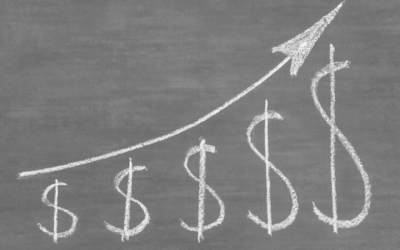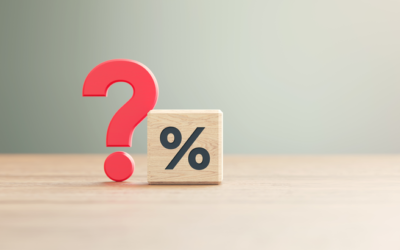
“Everyone realizes that the pandemic shut down the country earlier this year, causing a “significant decline in economic activity.””
On Monday, the National Bureau of Economic Research (NBER) announced that the U.S. economy is officially in a recession. This did not come as a surprise to many, as the Bureau defines a recession this way:
“A recession is a significant decline in economic activity spread across the economy, normally visible in production, employment, and other indicators. A recession begins when the economy reaches a peak of economic activity and ends when the economy reaches its trough. Between trough and peak, the economy is in an expansion.”
Everyone realizes that the pandemic shut down the country earlier this year, causing a “significant decline in economic activity.”
Though not surprising, headlines announcing the country is in a recession will cause consumers to remember the devastating impact the last recession had on the housing market just over a decade ago.
The real estate market, however, is in a totally different position than it was then. As Mark Fleming, Chief Economist at First American, explained:
“Many still bear scars from the Great Recession and may expect the housing market to follow a similar trajectory in response to the coronavirus outbreak. But, there are distinct differences that indicate the housing market may follow a much different path. While housing led the recession in 2008-2009, this time it may be poised to bring us out of it.”
Four major differences in today’s real estate market are:
- Families have large sums of equity in their homes
- We have a shortage of housing inventory, not an overabundance
- Irresponsible lending no longer exists
- Home price appreciation is not out of control
We must also realize that a recession does not mean a housing crash will follow. In three of the four previous recessions prior to 2008, home values increased. In the other one, home prices depreciated by only 1.9%.
Bottom Line
Yes, we are now officially in a recession. However, unlike 2008, this time the housing industry is in much better shape to weather the storm.
To view original article, visit Keeping Current Matters.
The Perks of Selling Your House When Inventory Is Low
Buyers have fewer choices now than they did in more typical years. And that’s why you could see some great perks if you sell today.
Why Home Prices Keep Going Up
Even though higher mortgage rates has caused buyer demand to moderate, home prices are going back up is because there still aren’t enough homes for sale for all the people who want to buy them.
Are Higher Mortgage Rates Here To Stay?
Experts typically recommend focusing your search on the right home purchase — not the interest rate environment.
Key Skills You Need Your Listing Agent To Have
A listing agent, also known as a seller’s agent, helps market and sell your house while advocating for you every step of the way.
Are You a Homebuyer Worried About Climate Risks?
Homebuyers are interested in finding out if the house they want will be exposed to things like floods, extreme heat, and wildfires.
Home Prices Are Not Falling
Don’t fall for the negative headlines and become part of this statistic. Remember, data from a number of sources shows home prices aren’t falling anymore.





